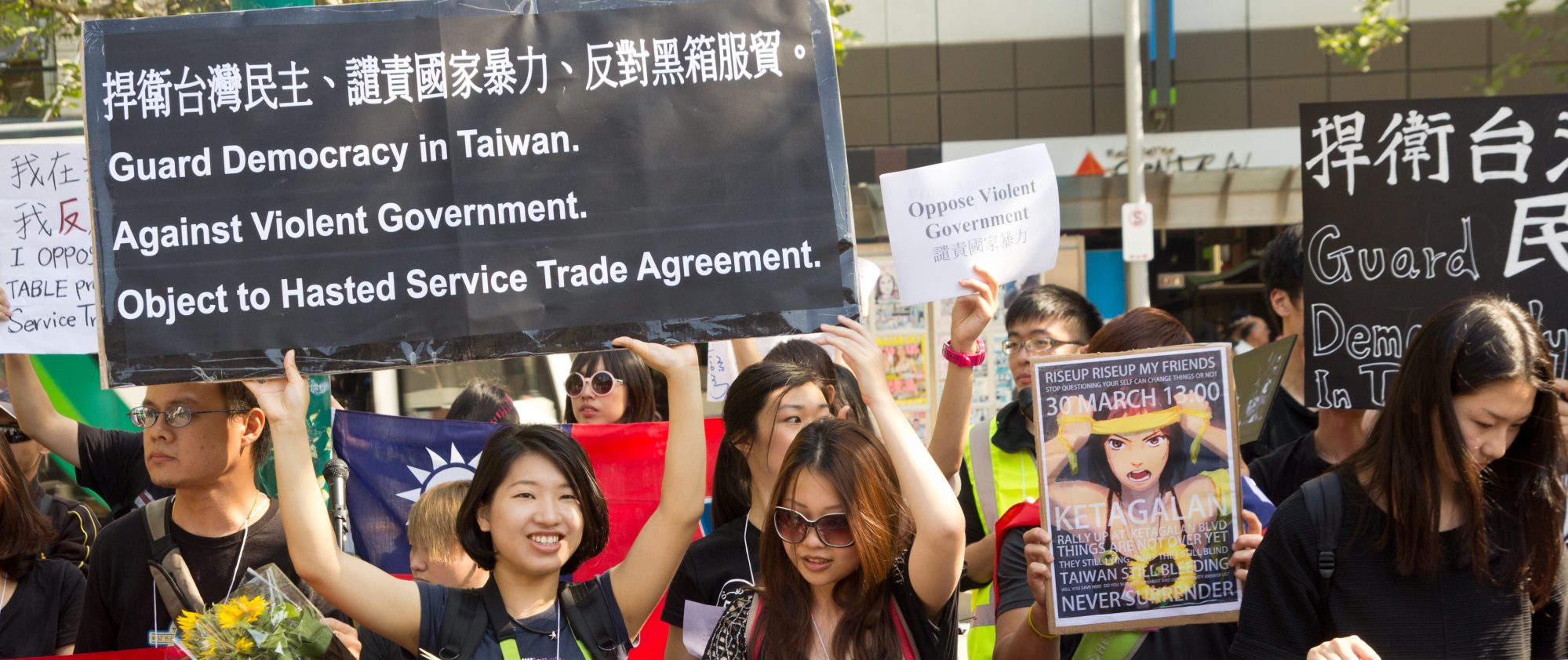This morning I gave a presentation about Smangus at the Students of Sustainability (SoS) conference. This year the conference is being held in Bendigo, which is not far from where I live in Australia. I attended because it was a good chance to reconnect with the academic world and activists in Australia. It was also the first time I have done a presentation about my research in Taiwan for an Australian audience.
SoS is an annual conference organised by the Australian Student Environment Network (ASEN) which connects campus environment collectives from around Australia. I first attended SoS in 2004. Incidentally the 2004 conference was also the first time I met John Seed. I later had the chance to travel around Taiwan with John and visit some indigenous communities including Smangus.
My presentation, titled “The Story of Smangus: Indigenous Rights in Taiwan,” started with some background information about Taiwan and its indigenous peoples. I then followed this with some discussion of the Smangus community and the legal case about the right to use wood from a wind-fallen tree. As the key theme of the conference is sustainability I wanted people to know more about how the people of Smangus have used their traditional knowledge as the basis for a sustainable community. The word sustainability is often misused, but I think the people of Smangus and other indigenous peoples around the world have practiced sustainable ways of living for hundreds or even thousands of years. There are many lessons that can be learnt from them.
Indigenous issues are a major theme at SoS. The plenary on the first day of the conference was on sovereignty. Grassroots Aboriginal activists spoke about the topic. Their perspectives presented a radical challenge to the mainstream discourse on this issue in Australia. This afternoon I had the chance to further explore some of these issues in a workshop about working with indigenous communities. The workshop talked about the need for “decolonising our minds” in order to work effectively with indigenous peoples for justice.
Smangus presentation – Students of Sustainability [pdf file]
